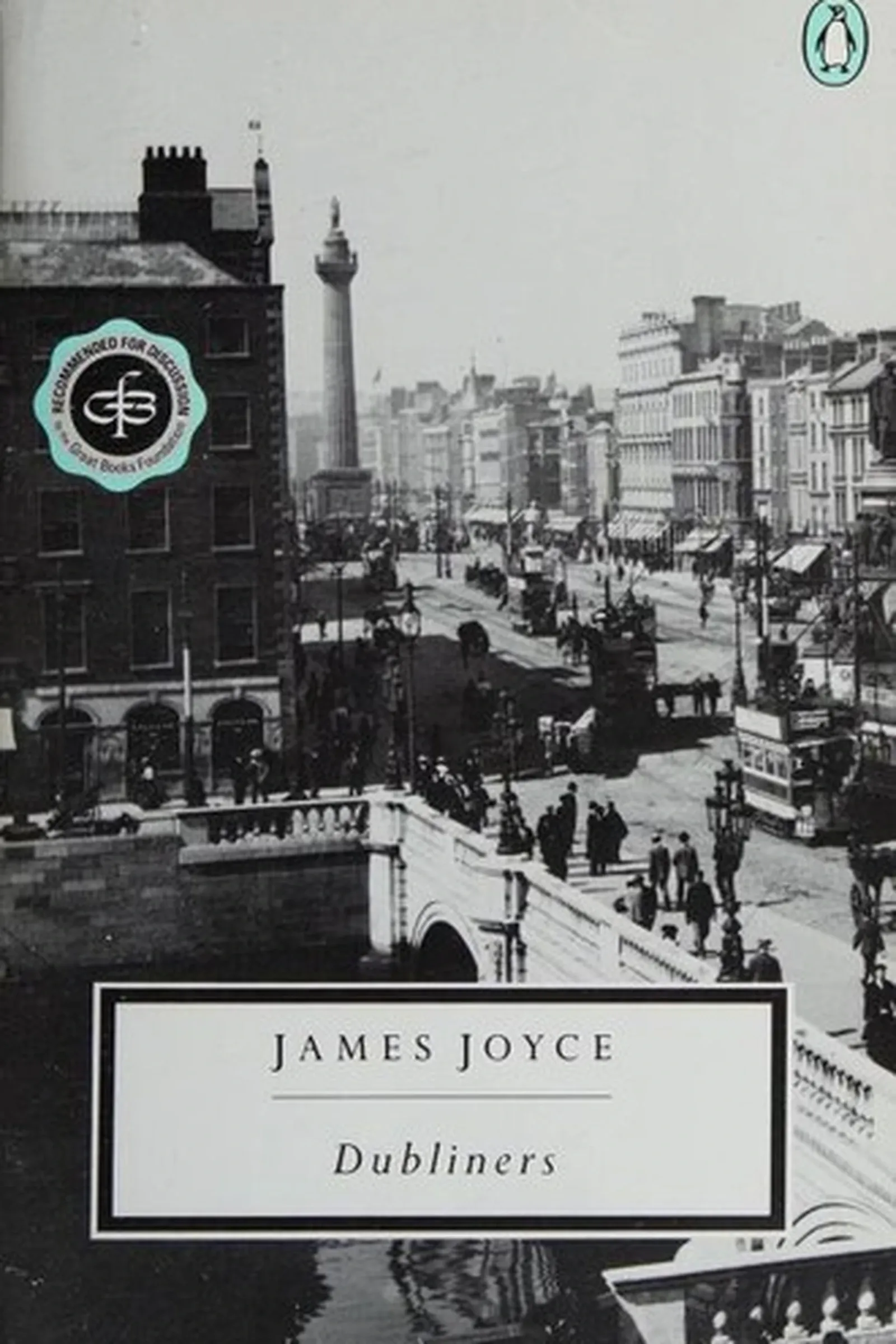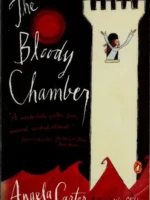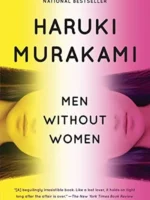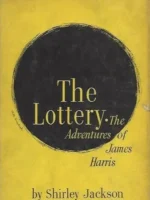Dubliners Review
About
Published in 1914, James Joyce’s Dubliners is a collection of fifteen short stories that captures the paralysis, yearning, and quiet tragedy of early 20th-century Dublin. Written in precise, restrained prose, Joyce paints a city stuck between habit and hope. His genius lies in revealing entire emotional worlds through small gestures—a missed chance, a word unsaid, a door not opened. These stories laid the foundation for modernist fiction while remaining painfully human and familiar.
Overview
Each story focuses on ordinary people—a boy discovering disillusionment in “Araby,” a woman hesitating before escape in “Eveline,” friends drinking away regret in “Counterparts.” The collection culminates with “The Dead,” where a dinner party becomes an elegy for the living and the lost. Joyce uses everyday life to explore moral paralysis—the inability to act even when change is possible. Dublin becomes both setting and metaphor, a city where routine replaces faith and habit replaces hope.
Summary
(light spoilers) The early stories center on childhood, moving gradually toward adulthood and mortality. We watch young narrators lose innocence, workers choke under monotony, and lovers discover that passion doesn’t always free them. The final story, “The Dead,” shifts from realism to transcendence: Gabriel Conroy, proud and self-absorbed, realizes during a snow-filled night that his wife’s heart still belongs to a man who died for love. His epiphany—melancholy yet awakening—turns the entire collection inward. The snow falling “upon all the living and the dead” becomes Joyce’s quiet mercy, a blanket over the city’s stillness.
Key Themes / Main Ideas
• Paralysis — moral, emotional, and societal stagnation.
• Epiphany — moments of painful self-knowledge.
• Routine and repression — small lives boxed in by convention.
• National identity — Ireland caught between faith, politics, and self-doubt.
• Compassion — fleeting glimpses of connection in a gray world.
Strengths and Weaknesses
• Strengths — Subtle emotional precision, elegant structure, and prose that rewards rereading.
• Strengths — “The Dead” remains one of the greatest short stories ever written.
• Weaknesses — The restraint can feel distant; many stories end abruptly, mirroring paralysis but frustrating some readers.
• Weaknesses — Historical context deepens the impact but may alienate casual readers unfamiliar with it.
Reviewed with focus on themes, audience, and takeaways — James Joyce
| SKU: | BOOK-2e7d5j |
|---|---|
| Category: | Short Stories |
| pa_author | James Joyce |
|---|---|
| ISBN | 978-3-502-34115-9 |
| pa_year | 2013 |
| Pages | 563 |
| Language | English |
Related products
-
The Bloody Chamber, Angela Carter, 1979
- Author: Angela Carter
- Genre: Short Stories
- Publisher: Vintage Classics
- Publication Year: 1979
- Pages: 256
- Format: Paperback
- Language: English
- ISBN: 978-0140178210
- Rating: 4,1 ★★★★☆
-
Interpreter of Maladies, Jhumpa Lahiri, 1999
- Author: Jhumpa Lahiri
- Genre: Short Stories
- Publisher: Houghton Mifflin
- Publication Year: 1999
- Pages: 198
- Format: Paperback
- Language: English
- ISBN: 978-0395927205
- Rating: 4,1 ★★★★☆
-
Men Without Women, Haruki Murakami, 2014
- Author: Haruki Murakami
- Genre: Short Stories
- Publisher: Alfred A. Knopf
- Publication Year: 2017
- Pages: 240
- Format: Paperback
- Language: English
- ISBN: 978-0385352123
- Rating: 3,9 ★★★★☆
-
Tenth of December, George Saunders, 2013
- Author: George Saunders
- Genre: Short Stories
- Publisher: Random House
- Publication Year: 2012
- Pages: 272
- Format: Paperback
- Language: English
- ISBN: 978-0812984255
- Rating: 4,1 ★★★★☆
-
Nine Stories, J.D. Salinger, 1953
- Author: J.D. Salinger
- Genre: Short Stories
- Publisher: Little, Brown and Company
- Publication Year: 1948
- Pages: 320
- Format: Paperback
- Language: English
- ISBN: 978-0316767729
- Rating: 4,1 ★★★★☆
-
The Lottery, Shirley Jackson, 1948
- Author: Shirley Jackson
- Genre: Short Stories
- Publisher: Farrar, Straus and Giroux
- Publication Year: 1949
- Pages: 32
- Format: Paperback
- Language: English
- ISBN: 978-0374529920
- Rating: 4,0 ★★★★☆







